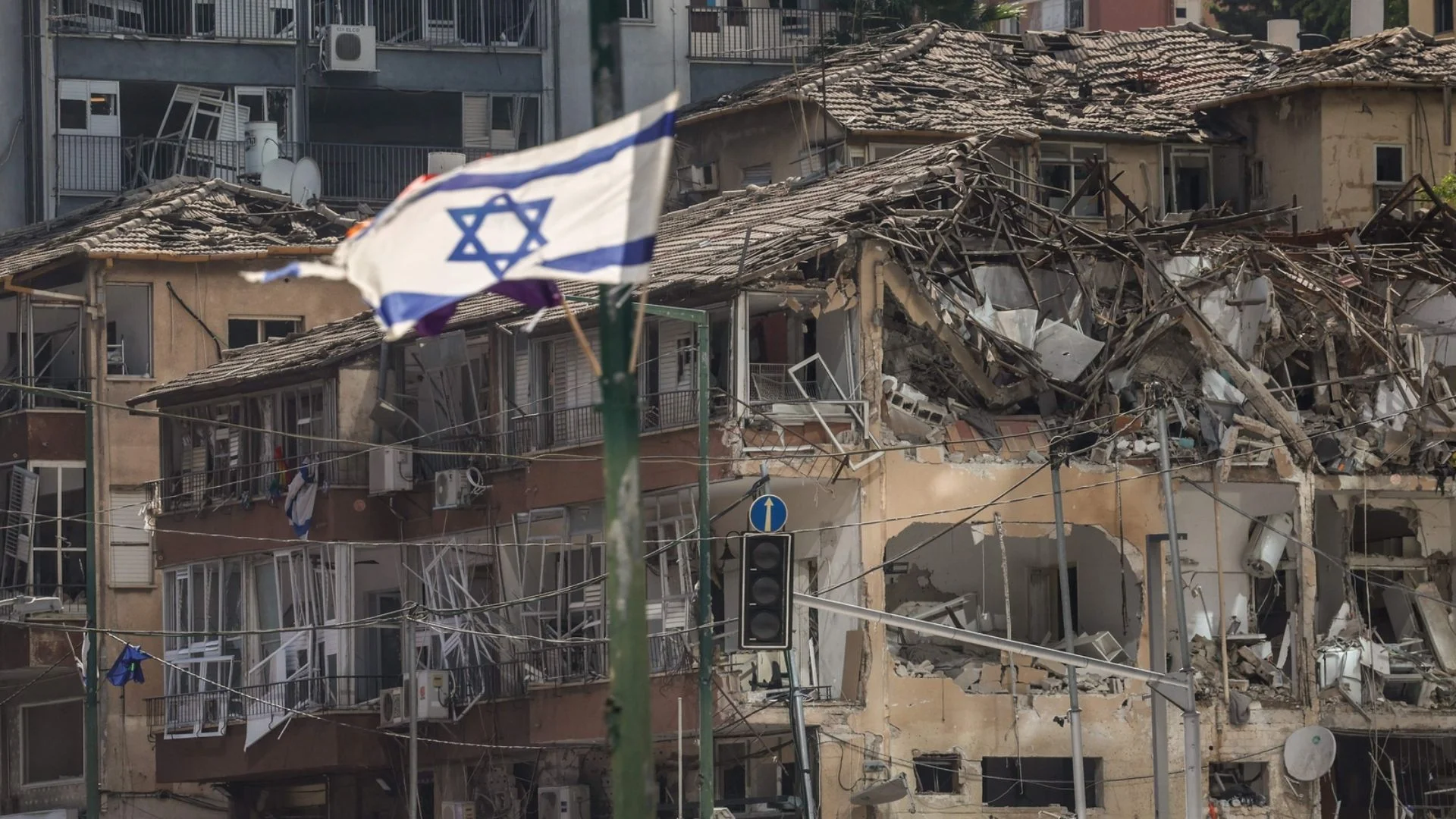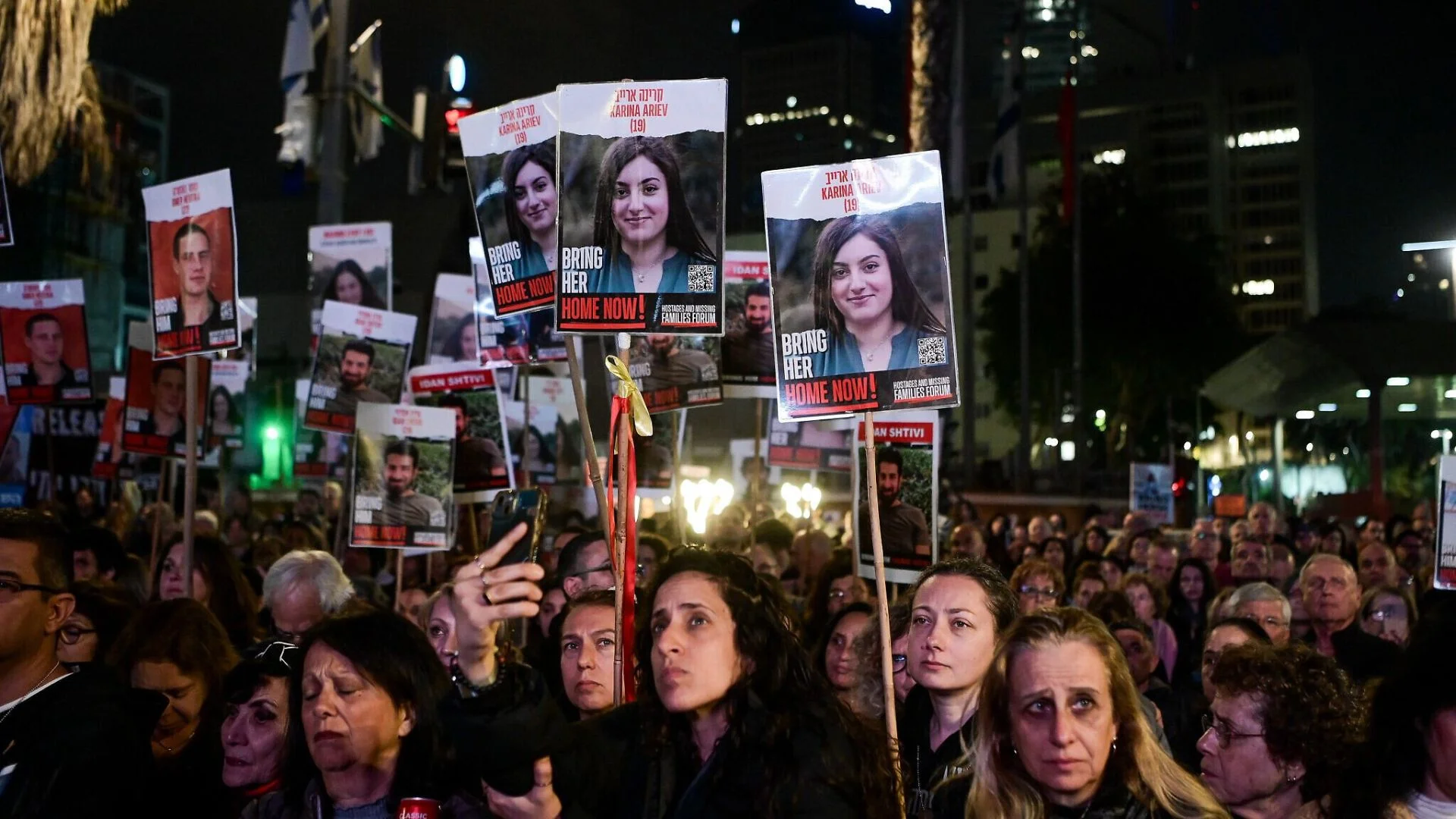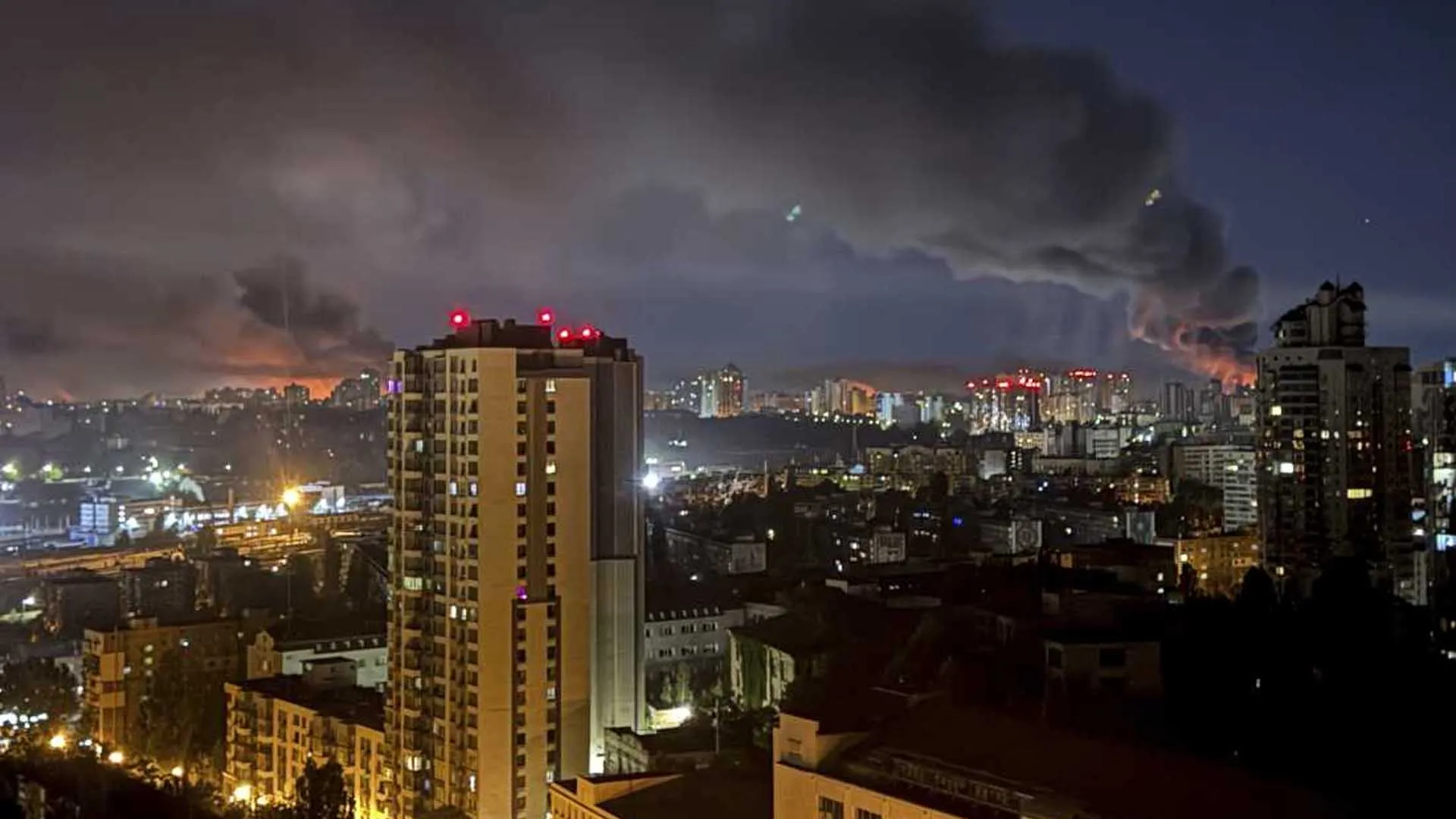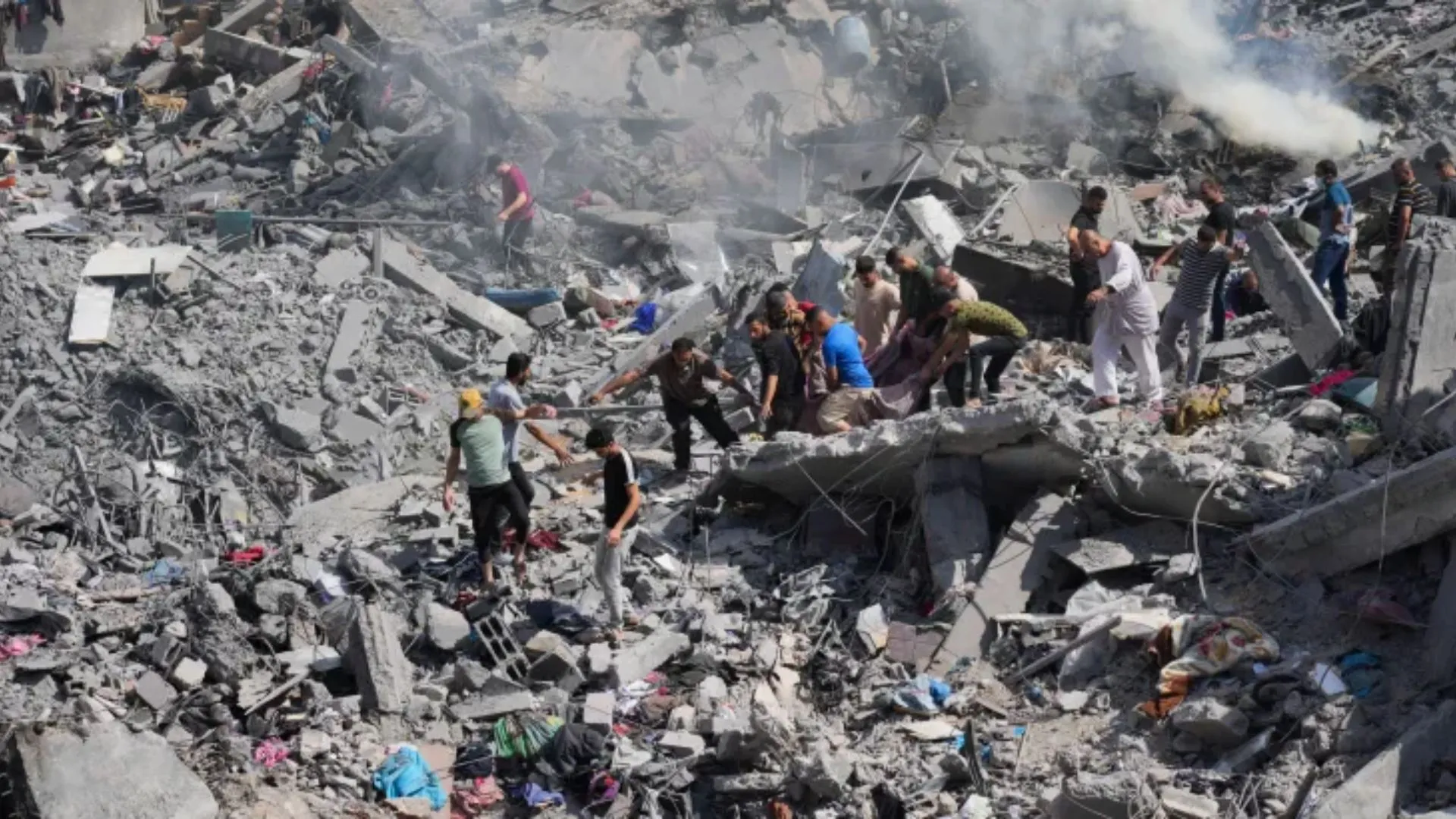Israel accused Iran of firing cluster munitions in a missile attack during the current war, the first time such so-called controversial weapons were reported used in the seven-day war. An Iranian missile released several smaller submunitions over the middle of Israel, seeking to cause maximum civilian damage, the Israeli military said.
Soldiers declared the warhead of the missile exploded at about 7 kilometers (about 4 miles) above ground, scattering about 20 submunitions over a broad area of about 8 kilometers (5 miles). One of the bomblets actually struck a residential house in Azor, a central Israeli town, resulting in property loss. No one was hurt, however.
Brigadier General Effie Defrin, IDF spokesperson, blamed Iran for seeking to cause widespread civilian casualties. “The terror regime intends to cause harm to civilians and employed weapons with extensive dispersal in order to expand the reach of damage,” he told a press conference.
Cluster bombs are universally deplored for their indiscriminate effect and lengthy danger, since unexploded submunitions may remain dangerous for years following the end of combat. The Israeli army issued a graphic warning to the public regarding the dangers of unexploded ordnance after the event.
Daryl Kimball, Executive Director of the Arms Control Association, underlined the risk of cluster weapons being used in populated areas, adding that they stand a better chance of killing civilians than striking military targets, particularly considering the Iranian missiles lack of accuracy.
Neither Iran’s United Nations delegation nor Israel’s embassy in Washington returned a request for comment.
Iran and Israel are not signatories to the 2008 Convention on Cluster Munitions, which prohibits the use, transfer, and storage of cluster munitions. Other non-signatory countries, such as the United States, Russia, and Ukraine, have used cluster bombs despite international condemnation.























